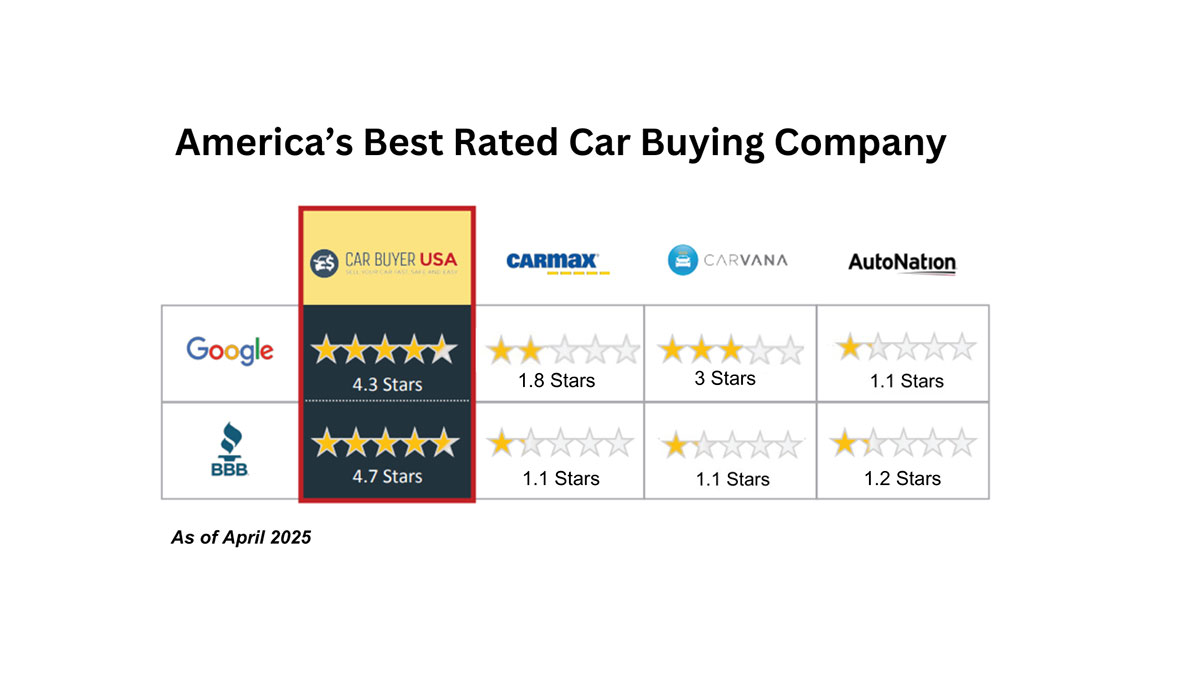
If you're shopping for a new or used car in 2025, you might be wondering whether Kia and Hyundai have finally left their engine problems in the rearview mirror. After years of recalls, lawsuits, and customer complaints, it's a valid question—especially if you're considering one of their newer models. Unfortunately, engine and powertrain issues are still popping up, even in some of the latest vehicles these brands have released.
Kia and Hyundai have both made significant efforts to fix long-standing issues and improve reliability across their lineups. Yet, even with redesigned engines and new software updates, certain problems just keep resurfacing. In fact, both automakers have issued new recalls this year, showing that while progress has been made, lingering issues continue to affect customers.
For Kia, one of the most recent concerns involves a recall affecting around 137,000 vehicles, including 2021–2023 models of the Seltos and Soul. This particular issue stems from faulty piston rings that can lead to increased oil consumption and, in some cases, complete engine failure. As a preventive measure, Kia is offering engine inspections and replacements if necessary. They're also updating software designed to detect engine noise abnormalities, in an attempt to catch potential failures early. On top of that, some owners of the 2025 Kia Sportage have already reported odd engine behavior. Drivers describe sluggish acceleration and occasional hesitation while merging or passing on the highway. These reports haven’t yet triggered a formal recall, but they are raising eyebrows among mechanics and car enthusiasts alike.
Over at Hyundai, similar concerns are cropping up. The 2025 Palisade, one of their flagship SUVs, was recently recalled due to an issue with the electric oil pump controller. In some cases, the defect could lead to the engine stalling or, worse, pose a fire risk. Hyundai has been proactive in offering replacements, but it’s another reminder that even their newest models are not immune to mechanical problems. Another Hyundai recall this year involved the 2025 Tucson, which had a rollaway risk due to improper wiring. Although this issue isn't engine-related, it highlights broader quality control concerns. When new vehicles roll off the line with major defects, it naturally causes customers to question what other hidden problems might exist under the hood.
So why are these issues still happening? A big part of the story goes back to the engines Hyundai and Kia used in the past, particularly the Theta II and Nu-series engines. These powertrains have become infamous for issues like excessive oil consumption, rod bearing failures, and unexpected engine seizures. While both automakers have moved on to newer engine designs, including their Smartstream line, it seems that the problems haven't completely gone away. Some of the design flaws appear to have carried over, either through shared components or similar engineering practices.
There’s no denying that Hyundai and Kia have made efforts to restore consumer trust. Their new engines are more fuel efficient and packed with sensors meant to catch problems early. They’re offering generous recall coverage and often replacing engines at no charge when issues arise. But despite these positive steps, real-world reports suggest that reliability is still a work in progress.
If you're currently driving a Kia or Hyundai, or planning to buy one, it’s a good idea to stay informed. Make sure to check your vehicle's VIN on the official Kia or Hyundai recall websites to see if your car is affected by any current recalls. Monitor your oil levels regularly, listen for strange engine noises, and report any unusual behavior to your dealership as soon as possible.
In 2025, Kia and Hyundai remain popular for their affordability, features, and warranties. But if you value long-term reliability above all else, it’s worth approaching with caution. While some newer models show signs of improvement, the road to fully resolving these engine issues is still under construction. Ready to be out of your troubles? Car Buyer USA has agents standing by to assist you. No one wants car troubles and we understand that. Contact us for your quote in 20 seconds with no personal information needed!


